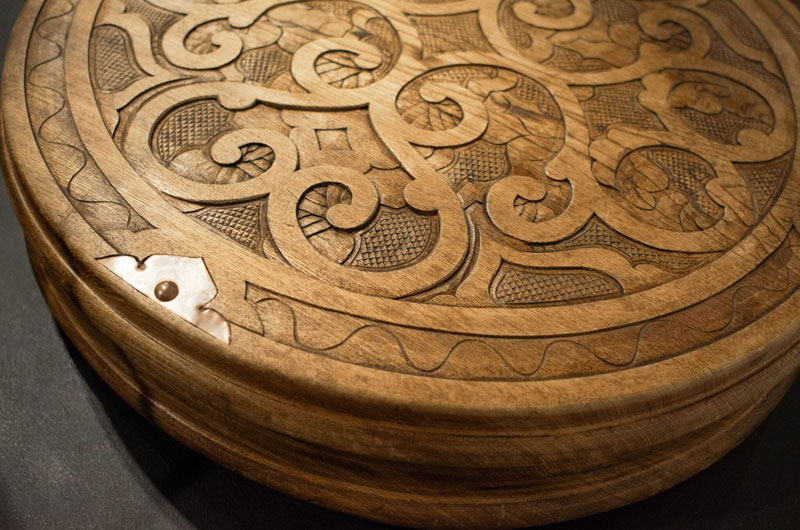
Ainu Oral Literature: Voices, Songs, Stories アイヌ口承文芸: 声、歌、物語
- 12 January 2024
- 18:30 - 19:30
- The Hall, Japan House London, 101-111 Kensington High Street, London, W8 5SA
- https://www.japanhouselondon.uk/whats-on/ainu-oral-literature-voices-songs-stories/
- +44 (0)20 7932 7100
- info@japanhouselondon.uk
- Tweet
As speakers of a language that is received, preserved, and transmitted verbally, the Ainu people have been relying on the oral transmission of folklore as the primary mode of exposure to their native language.
After the Meiji era (1868-1912), occasions to incorporate the Ainu language in everyday use diminished significantly due to substantial pressures of assimilation and modernization, resulting in Japanese becoming the predominant language. Opportunities to engage with Ainu oral literature consequently dwindled and many efforts have had to be made within the community to document and safeguard the Ainu language and its oral literary heritage.
In recent times there has been an accumulation and preservation of audio recordings and written accounts of Ainu oral literature by museums and various other institutions. Numerous materials, catalogued and transcribed by both researchers and members of the Ainu community, remain unpublished, although portions do exist in printed form and on online platforms, as well as in tape recordings which are used today as teaching materials.
During this event, specialists in Ainu language and members of the Biratori Nibutani Ainu Language Class present an overview of the principal genres within Ainu oral tradition and discuss the involvement of the Biratori Ainu community in expanding the number of speakers. Additionally, attendees will have the opportunity to enjoy a performance of kamuy yukar— one of the many mythic epics recounting tales of kamuy (spirit-deities) in which a chanter impersonates the kamuywho appear in the world as a Bear, Fox or Owl and so forth —and uepeker, prose stories which can be serious, mysterious or humorous, and which depict ordinary human experiences.
The talk is a part of a programme of events connected with the exhibition Ainu Stories: Contemporary Lives by the Saru River on display in the Gallery at Japan House London from 16 November 2023 until 21 April 2024.
Admission Free | Booking Essential
The event will also be live streamed online.
